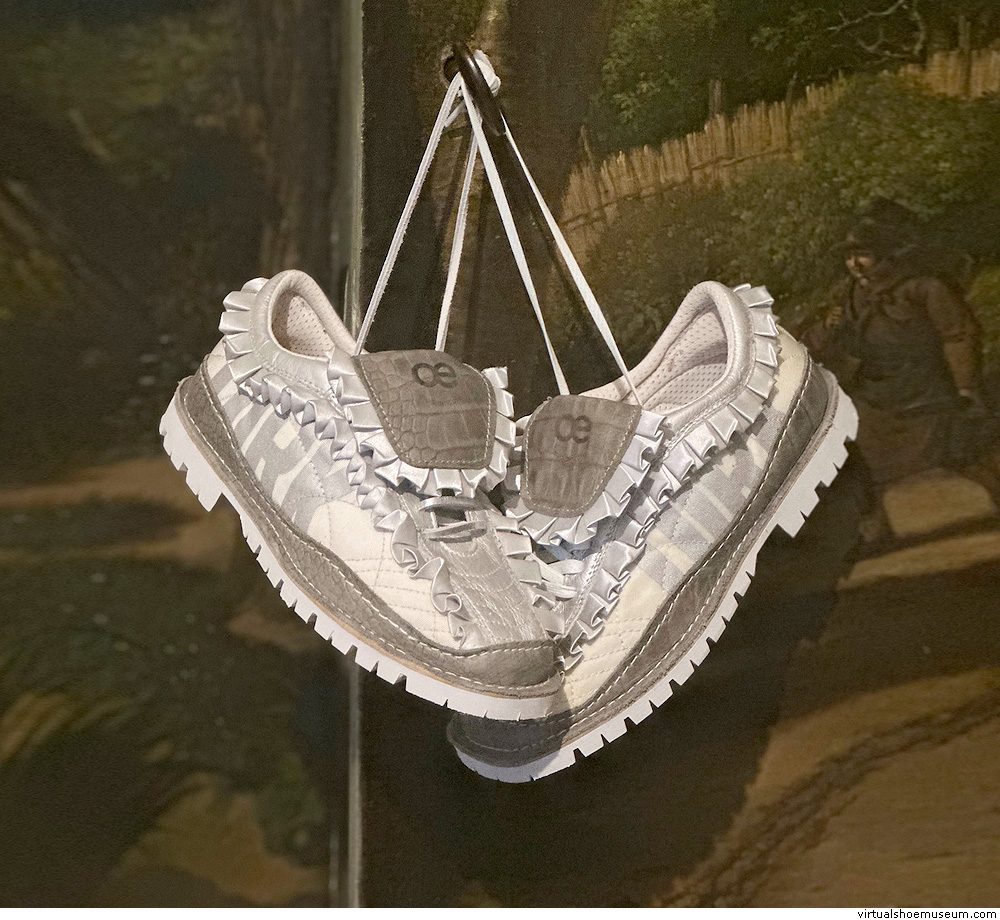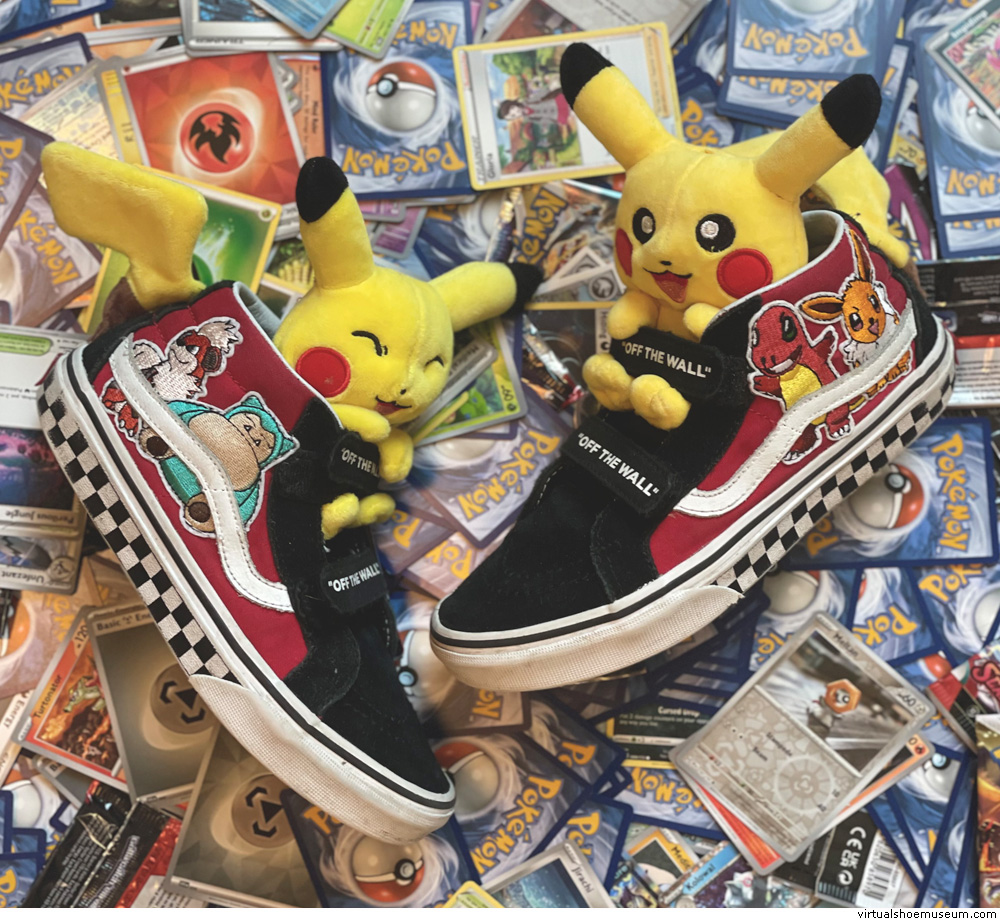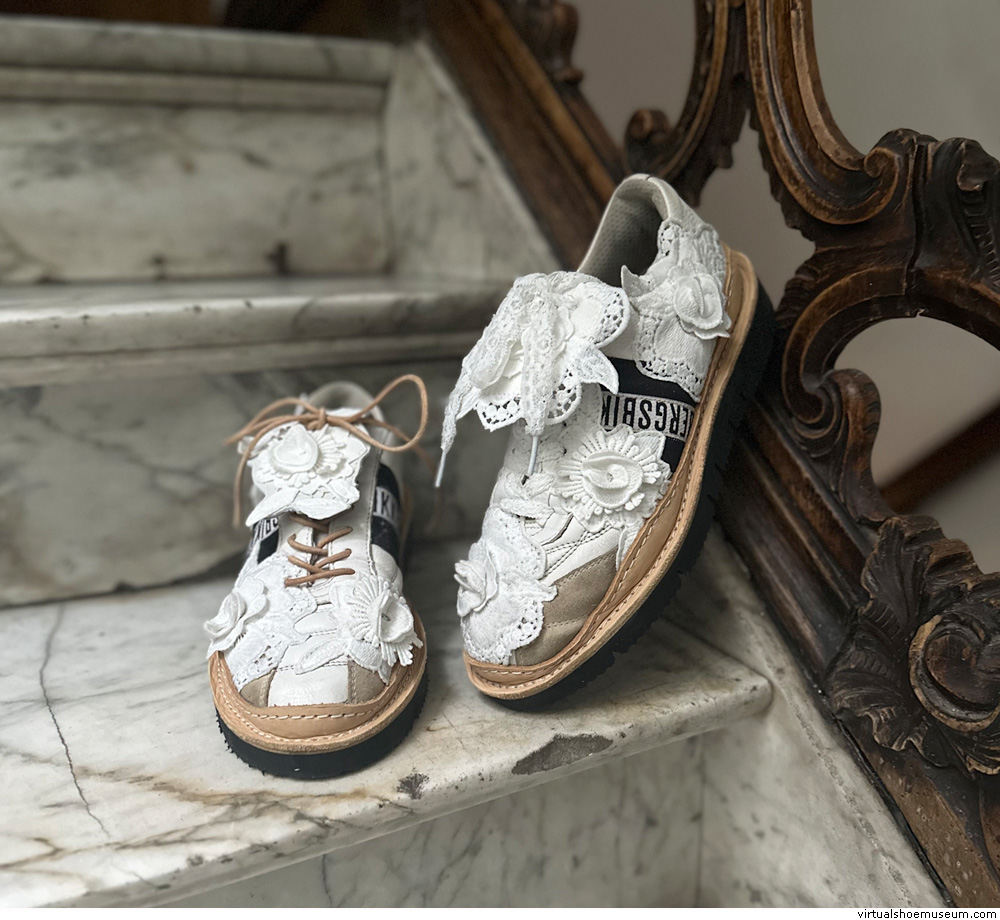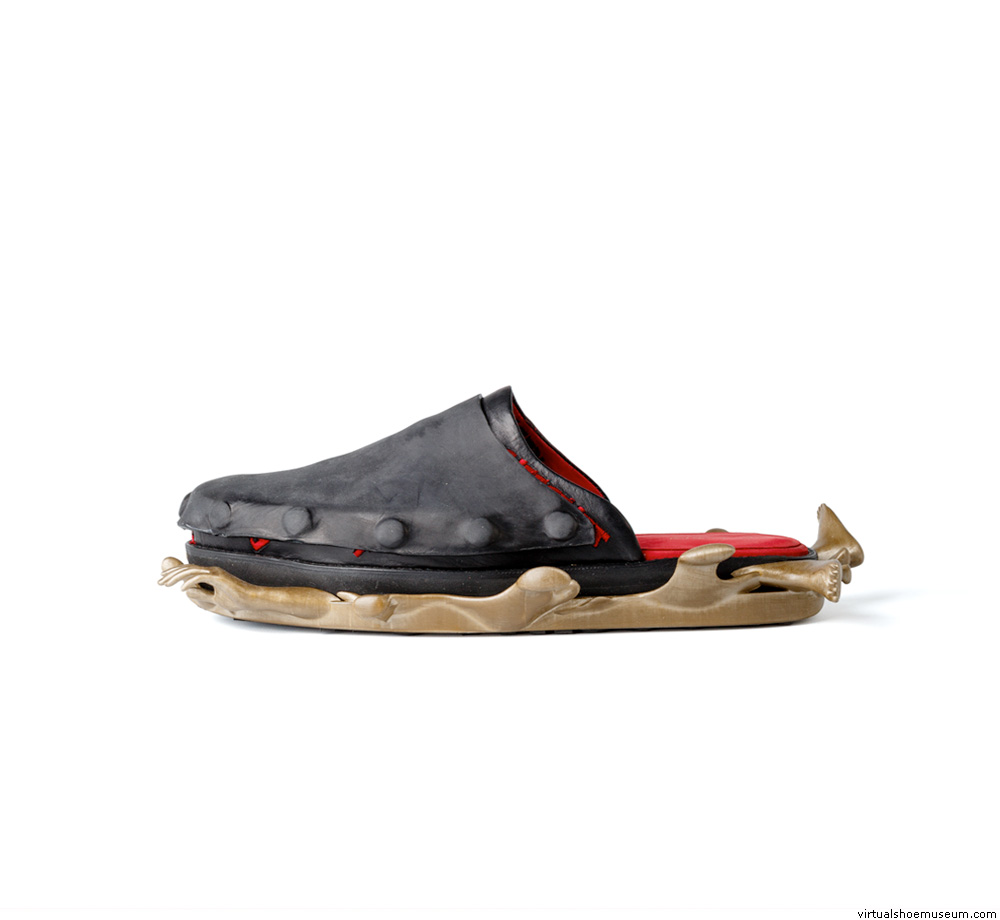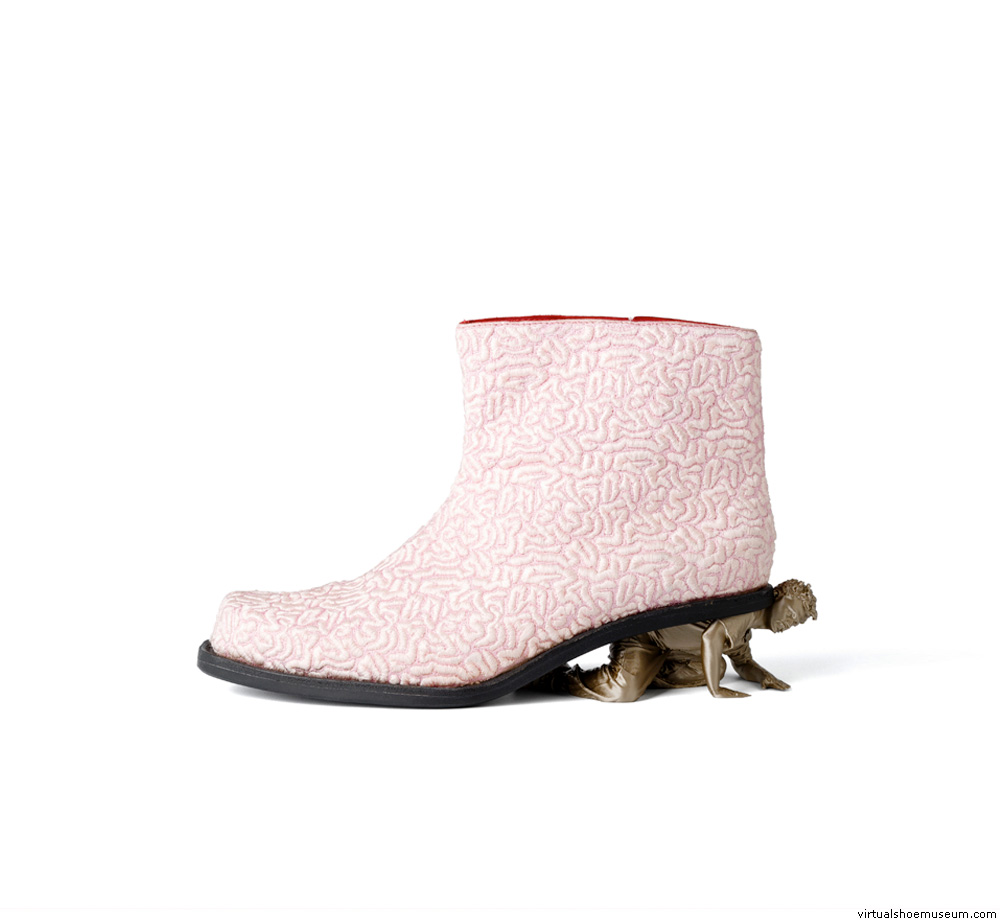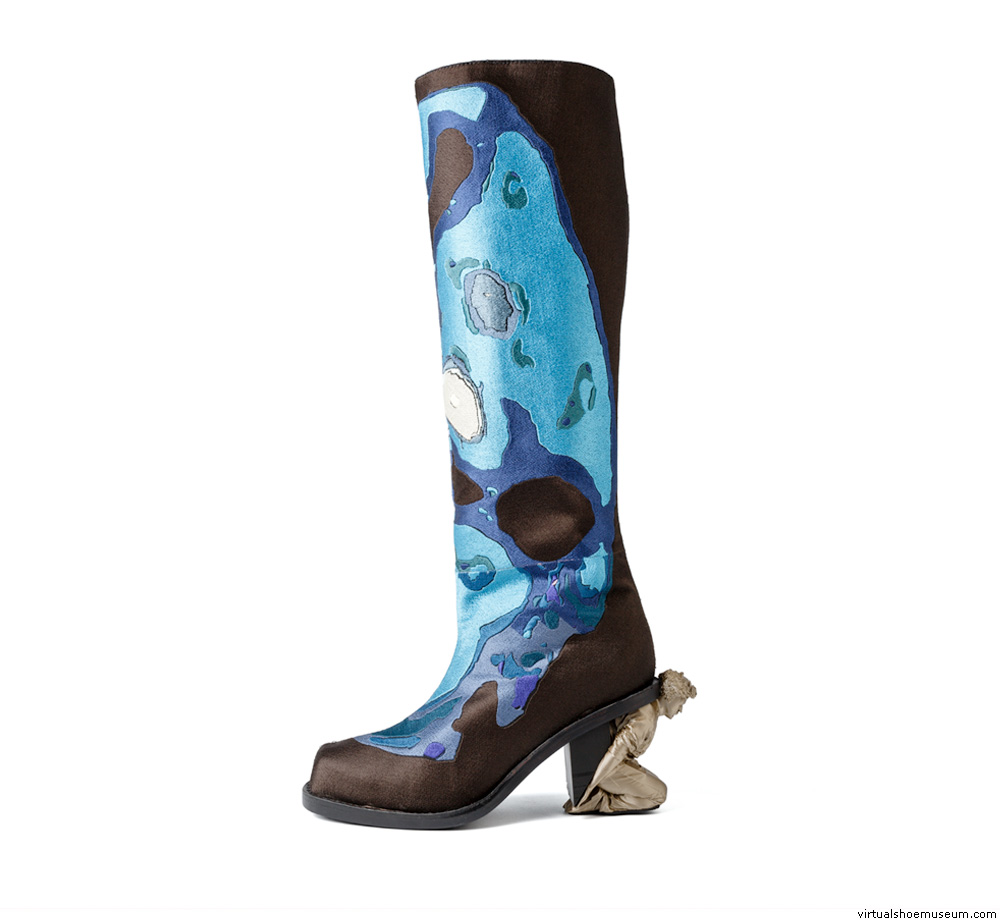The Qing Ming Festival/Joss paper
The Qing Ming Festival on the 4th of April 2012 is more commonly known as Tomb Sweeping Day. A traditional Chinese holiday that celebrates the arrival of springtime and the remembrance of ancestors. Families typically visit and tend to grave sites the month following the Lunar New Year and days before the Spring Equinox.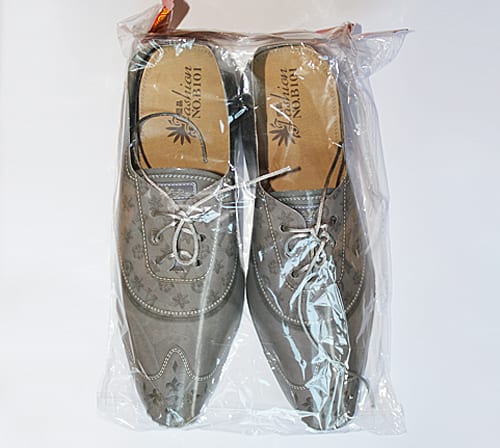
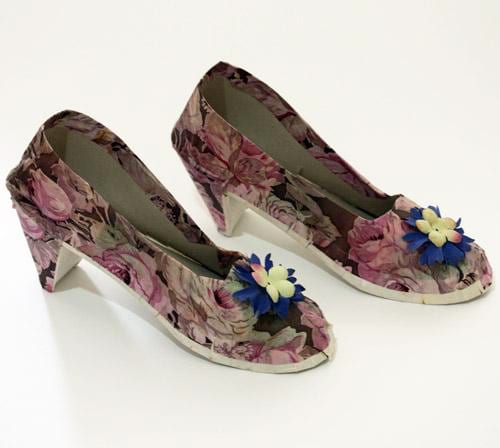
One of the major traditions of Qing Ming is the burning of incense and paper products after the graves. Family members pay their respects by bowing in front of the tombstone with incense in their hands and placing the incense upright in the ground. It is believed that material objects like money and clothes will still be needed in the afterlife, so specialty shops nearby temples in Hong Kong or in Chinatown New York sell these paper versions of material possessions. One can buy paper houses, paper clothing, paper food and all kinds of paper shoes. This paper is called Joss paper, which literally means ‘gold paper’ and its also known as ghost money.


Many temples have large furnaces outside the main gate to burn Joss paper. Folding the paper is an important part of the burning ceremony as it distinguishes joss paper from actual money. Burning actual money would be untenable for most people and is also considered unlucky in Asian culture. The Joss paper may be folded into specific shapes which are meant to bring on good luck and people tend to burn lavish amounts to ensure that the offering is well received.
Traditionally Joss paper was made from coarse bamboo paper with many variances and imperfections, although rice paper is also commonly used. Depending on the region, Joss paper may be decorated with seals, stamps, pieces of contrasting paper, engraved designs or other motifs. More contemporary or westernized varieties of Joss paper include Hell Bank Notes, paper credit cards, cheques, as well as papier-mâché clothes, houses, cars, toiletries and shoes. The designs on paper items vary from the very simple to very elaborate (with custom artwork and names). In some Chinese mythology, Hell Bank Notes are sent by living relatives to dead ancestors as a tribute to the King Yanluo for a shorter stay or to escape punishment, or for the ancestors to use themselves in spending on lavish items in the afterlife.
I have found a big variety in Joss paper shoes (sneakers, pumps or slippers) at little temple shops in Hong Kong to add to my paper shoes collection.

